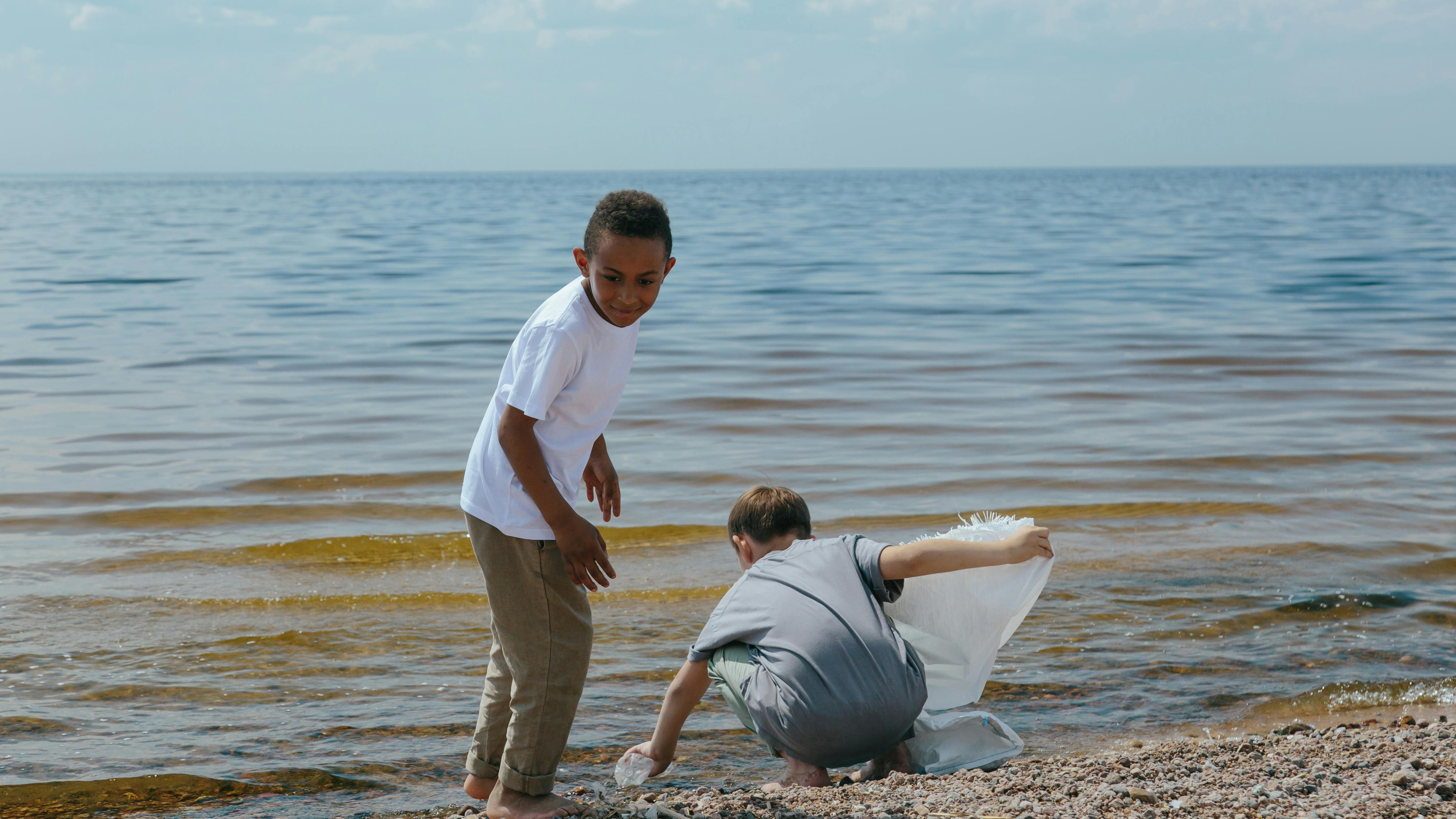
From Ocean Trash to Innovative Solutions: Omaha's Unique Recycling Initiative
Amidst the beaches of Hawaii, tens of tons of worn-down fishing gear collect, creating a pressing environmental issue. However, thanks to an innovative initiative from an Omaha-based company, FirstStar Fiber, the journey of this marine debris takes an unexpected turn. Instead of ending up in a landfill, these fishing nets are transformed into eco-friendly products right in the heart of Nebraska, the farthest state from any ocean.
Sustainable Practices Driving Change
FirstStar Fiber, under the leadership of CEO Patrick Leahy, embodies the spirit of sustainability by recycling difficult-to-process plastics in-house. Leahy emphasizes, "What makes FirstStar recycling unique is we take hard-to-recycle plastics and recycle them ourselves. We don’t ship them out to another place; we make plastic lumber or pellets with it.” This method not only reduces waste but creates durable products that can serve various purposes in modern homes.
Collaboration Across Oceans
The partnership with Hawaii Pacific University’s Center for Marine Debris Research is a significant aspect of this initiative. Collecting around 200 tons of derelict fishing gear from the ocean each year, they exemplify how collaborative efforts can tackle global environmental challenges. Dale Gubbels, the founder of FirstStar, noted, "What we’re doing in Nebraska with our plastics has an impact well beyond our ‘shores.'" This message resonates deeply with eco-conscious homeowners in Omaha and promotes awareness about the global nature of local actions.
The Impact on Climate Change
Jennifer Lynch, co-director at the Center for Marine Debris Research, elaborated on the environmental implications of the recycling process. By converting these materials rather than burning them, FirstStar Fiber assists in keeping harmful carbon emissions from entering our atmosphere. Lynch’s insights remind us that small changes at a local level can contribute to larger environmental goals, encouraging young families and first-time homebuyers in Omaha to engage with sustainable practices.
Challenges Faced in Innovative Recycling
Despite the promising nature of this project, it comes with challenges. The financial strain of shipping the fishing nets from Hawaii to Nebraska and the costs associated with recycling operations are non-negligible, as Leahy points out. This initiative is seen more as a pilot program aiming to showcase the potential for Nebraska to address ocean litter rather than a long-term solution. Understanding these challenges can help renters and homeowners in Omaha to appreciate the complexities behind eco-friendly innovations.
Inspiring Eco-Conscious Communities
The movement sparked by FirstStar Fiber inspires homeowners, DIY enthusiasts, and pet owners across Omaha to consider their own impact on the environment. By investing in recycled products made from marine debris, locals can partake in a narrative that champions green living. As properties in Omaha continue to evolve with eco-conscious practices, this kind of innovation encourages smart home users and families to think sustainably about their living spaces.
Conclusion: Join the Green Revolution
As Omaha residents navigate the complexities of modern living with technology and family dynamics, initiatives like FirstStar Fiber offer a glimpse into what it means to live responsibly. Join the green revolution by supporting companies that focus on sustainability. Engage with eco-friendly products, embrace innovative solutions, and take part in shaping a cleaner, healthier community for future generations.
 Add Row
Add Row  Add
Add 




Write A Comment